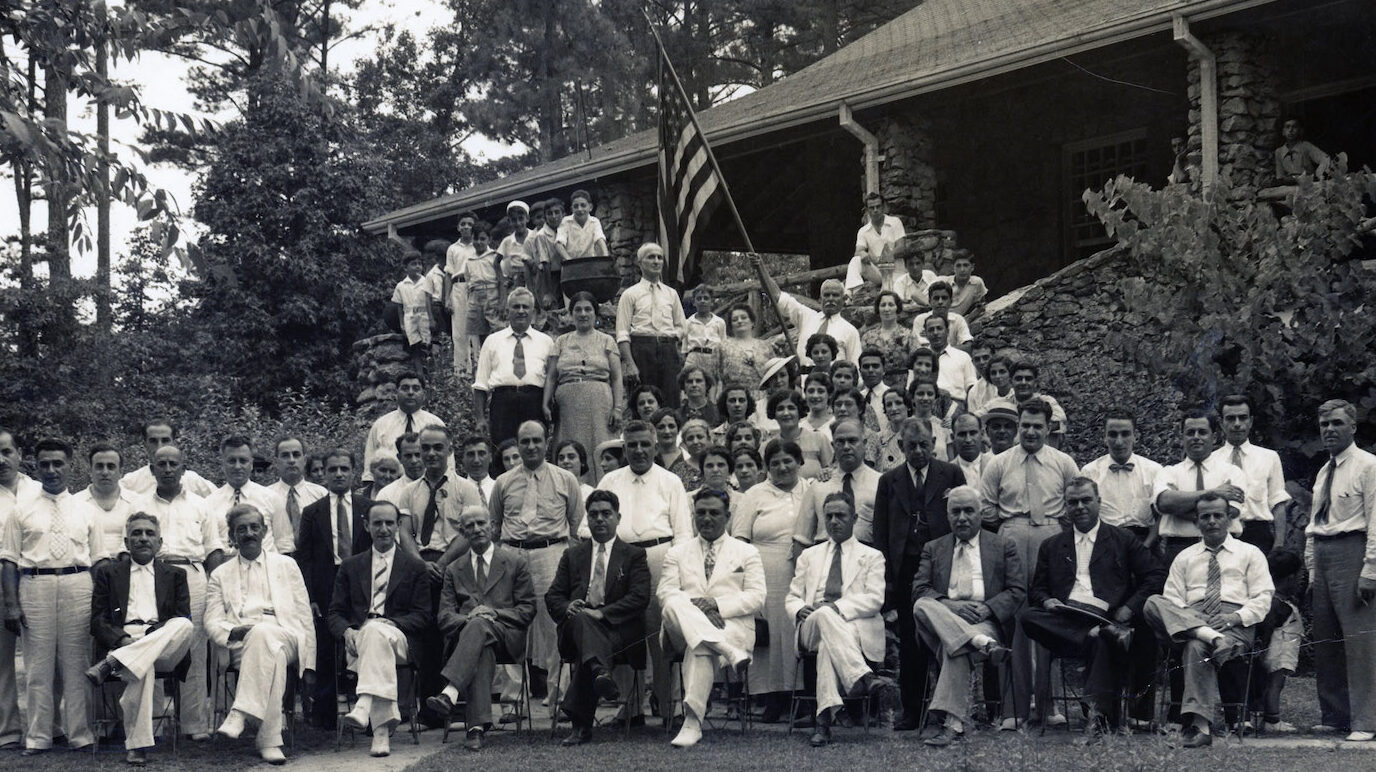Teaching Public History: Interactive Program Paves The Way For Lebanese Teachers
A program hosted by NC State’s Khayrallah Center for Lebanese Diaspora Studies is transforming the way Lebanese teachers educate students about their country’s history.
The program, a collaboration with the Center for Lebanese Studies and the Lebanese Association for History in Lebanon, brought teachers to campus this summer to learn about the latest scholarship on Lebanon and to master new, innovative tools to develop public history.
“The purpose is for the teachers to go back to Lebanon and bring new knowledge and new tools into the classroom that empower their students to become historians in their own right and to develop their own public history projects about Lebanon,” says Akram Khater, director of the Khayrallah Center.
During the two-week program, teachers participated in daily workshops and one-on-one mentoring sessions with NC State professors. Workshop topics ranged from Lebanese environmental history, to open source teaching tools, to documentaries and podcasts.
“We brought in a group of scholars who are doing new things in the field that are not necessarily accessible to these teachers under normal circumstances,” Khater says. “I think NC State and the College of Humanities and Social Sciences have the best Ph.D. program in public history in the United States and arguably in the world. And so that’s a huge asset.”
Visiting teachers also toured local museums, visited various North Carolina cities and developed lesson plans they’ll implement into their curriculums back home.
“For me it was an eye-opening learning experience that is going to shape what I read later and how I view lots of things,” says Zeina Dbouk, a history teacher and member of the Lebanese Association for History Educators.
Dbouk was born in 1980, in the midst of the Lebanese Civil War that lasted 15 years.
“I want my kids to … understand that dialogue — even about wars and the most painful experiences — [enables us to] sit and talk and agree to disagree on a lot of points,” she says. “We can still coexist and we can have common goals and build a community. That’s how our country can be a country.”
Dbouk and the other teachers are taking what they learned back to Lebanon, where they will work with students to create public history projects. Next spring, program stakeholders will host a national exhibition in Lebanon where students will present their work.
Khater hopes to make the interactive program into a sustainable annual event that will continue for years to come.
“This is critical to take knowledge and put it in the hands of people back in Lebanon because it’s vital information to understand what Lebanon is, how you shape it,” he says.
“It is part of our duty, our responsibility, not to remain in an ivory tower,” Khater says. “We have to take that knowledge and make it accessible to people who then make it accessible to other people. If we don’t do that, in many ways, we are limiting our potential and we are not fulfilling one of the chief and core missions of North Carolina State University, which is outreach.”
The Teaching History in Lebanon project was funded in part by a grant from the NC State Foundation, in addition to support from Act for Lebanon and Empire Eats.
- Categories:


